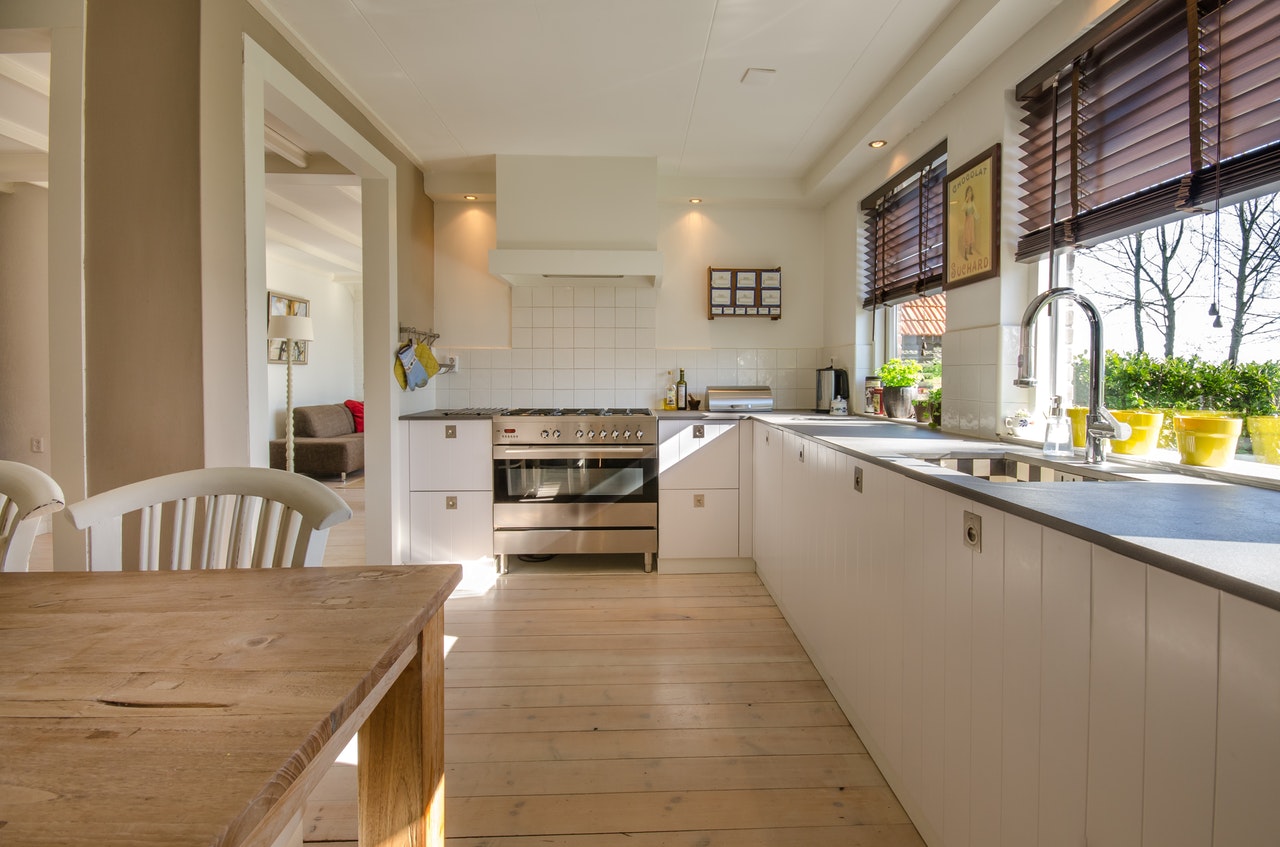Installing gas appliances yourself can be tempting, especially if you enjoy DIY projects or just don’t think it warrants calling in a professional. But the combination of gas and incorrect appliance installation is dangerous.
Gas appliance installation can lead to dangerous situations, including leaks or in extreme cases, explosions. Below are some common mistakes people make during installation.
Ignoring Legal Requirements
One of the biggest mistakes people make is not following the proper legislation requirements before starting their installation. Gas appliance installation is regulated by law and failing to comply can mean you have to redo the installation.
In the UK the Gas Safe register is the official list of engineers (it was the Corgi register until 2009) who can work on or install gas appliances. It is illegal for someone who is not Gas Safe registered to fit a gas appliance or do other types of gas work. That means you can’t fit it yourself and have a Gas Safe registered engineer ‘sign it off’.
With Gas safe there are categories of qualification, so it’s also worth checking that the engineer is qualified in the area you need any gas appliance installation work.
An engineer’s card shows the list of the categories they are qualified for and whether that’s domestic or non-domestic, along with the expiry date of each.
If you’re having a cooker installed, for example, check the engineer’s ID for “Cooker” to ensure that they are qualified to install or carry out work on domestic cooking appliances.
When to Call a Professional
Certain parts of a gas appliance are ok to handle if you’re a competent DIY-er.
But complex installations and certain parts that directly connect to gas pipes legally require professional expertise.
If you’re installing a gas appliance for the first time or need to modify your home’s gas line, you’re legally required to use a Gas Safe engineer. You might also find that the job is more complex than you thought, so you’ll save time and money in the long run.
If the user manual has a list of jobs that can be carried out safely without the need for a Gas Safe registered engineer, for example replacing a control knob, then you would not be breaking the law. Other work, such as replacing a water pump, might also be worked on by a competent person such as a plumber or electrician, if it doesn’t involve work on any gas pipe itself. Refer to the manual, but if in doubt use a Gas safe registered engineer.
If you smell gas inside a property, call the National Gas Emergency Service on 0800 111 999.
You’ll be given advice on what to do next. You should also:
- Ventilate the space by opening windows
- Put out any naked flames, and don’t turn on light switches
- Turn the gas off at the meter, unless it’s in the basement. If the meter is in the basement you need to leave the property immediately
The Cost of Professional Installation
Hiring a Gas Safe engineer does come with a cost, but as well as being a legal requirement, there’s the safety element and therefore peace of mind too. The cost of any gas appliance installation varies depending on what’s being fitted and the complexity of the job. A simple job, such as a small oven install might start at around £70, while larger appliances or more complex installations, perhaps requiring new gas lines would be more expensive.
Improperly installed gas lines can lead to gas leaks, carbon monoxide poisoning, or even explosions. Those repair costs or insurance claims would be higher than the price of hiring a professional. And it’s illegal to install your own gas appliance in the UK, so you could technically be prosecuted. Without the proper certificates your insurance could be higher or void too.
Safety Concerns with DIY Installations
The biggest issue with DIY gas appliance installation is safety. Gas is highly flammable and dangerous when not handled properly. Even small mistakes, like loose fittings or improper ventilation, can lead to gas leaks or carbon monoxide buildup in your home. That’s why it’s so important to get right.
Improperly installed appliances also mean inefficiency, higher energy bills, and shorter appliance lifespan.
Final Thoughts
Installing a gas appliance isn’t like other DIY projects—it requires training, attention to detail, proper tools, and a professional understanding of safety standards. Things like ignoring legislation, improper connections and improper or non-existent testing can be serious.
If you’re ever unsure about anything to do with a gas appliance installation, it’s always better to consult a professional. Not only will you stay safe but you’ll also stay on the right side of the law.



 Bitcoin
Bitcoin  Ethereum
Ethereum  Tether
Tether  XRP
XRP  Solana
Solana  USDC
USDC  Cardano
Cardano  TRON
TRON  Lido Staked Ether
Lido Staked Ether  Avalanche
Avalanche  Toncoin
Toncoin